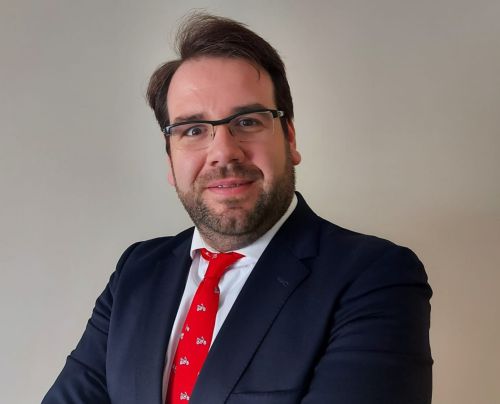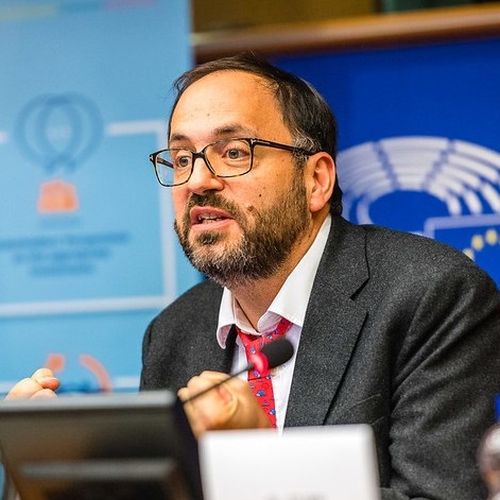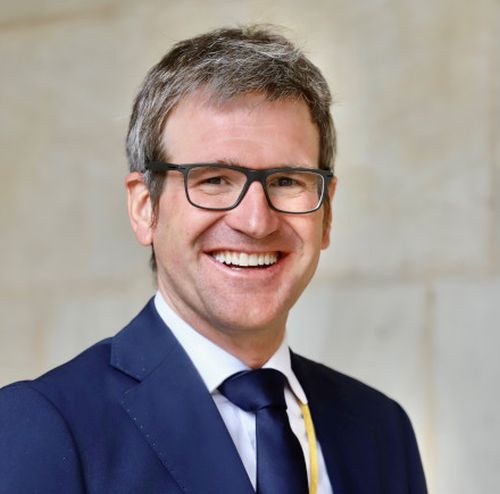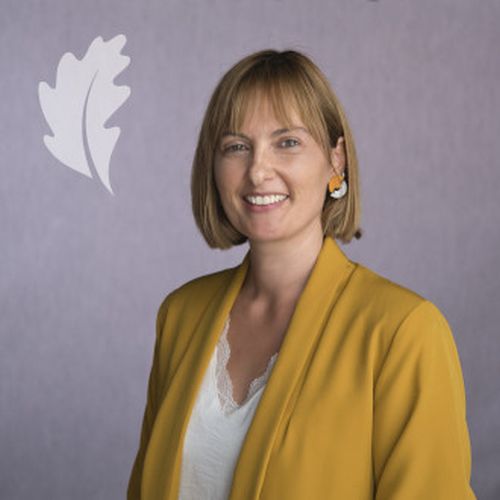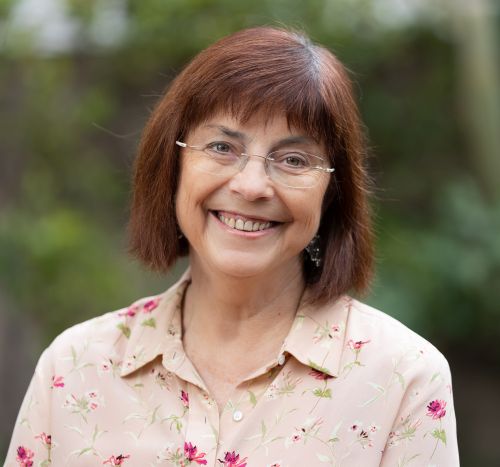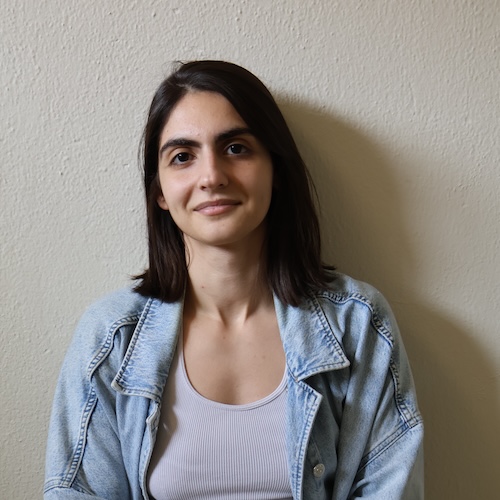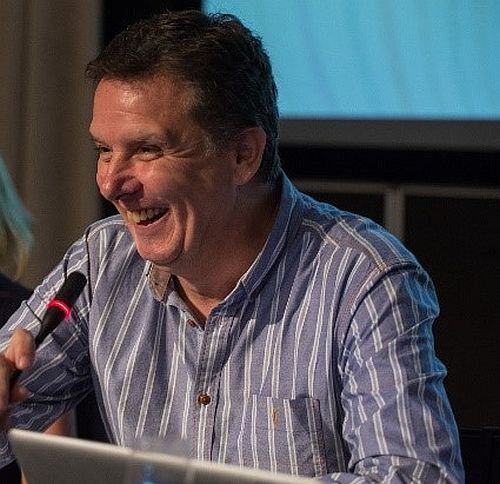Raúl del Pozo
Professor of the Department of Economic Analysis and Finance, Universidad de Castilla-La Mancha
Fifteen years of work experience dedicated to research, teaching, project management and funding in the field of social and health care, backed by scientific publications, public and private funded projects as well as various awards.
Training
Degree in Business Administration and Management and PhD in Financial Economics and Accounting from the University of Castilla-La Mancha in the Programme in Social and Health Research. Evaluation and Management. Master’s Degree in Financial Institutions from the same university. Among other training, he has completed specialisation courses in Evaluation and Economics of Social and Health Policies, Health Economics, Advanced Statistical Analysis and Financial Engineering.
Experience
He began his professional career as a researcher at the Centro de Estudios Sociosanitarios (CESS) of the University of Castilla-La Mancha (UCLM) where he was involved in national and international projects and participated as a speaker in several postgraduate courses on social and health issues. Subsequently, as a lecturer and researcher in the Department of Economic Analysis and Finance of the UCLM and, currently, accredited in the professional category of Full Professor.
Lines of research
Member of the Research Group in Economics, Food and Society of the UCLM and collaborator of the CESS with more than 30 publications in scientific journals of which at least 25 are included in the Journal Citation Reports (JCR). His main lines are corporate finance and economic evaluation, in which he analyses costs and financing of dependency, cost and effectiveness of programmes and interventions and methods for the analysis of health and quality of life information.
